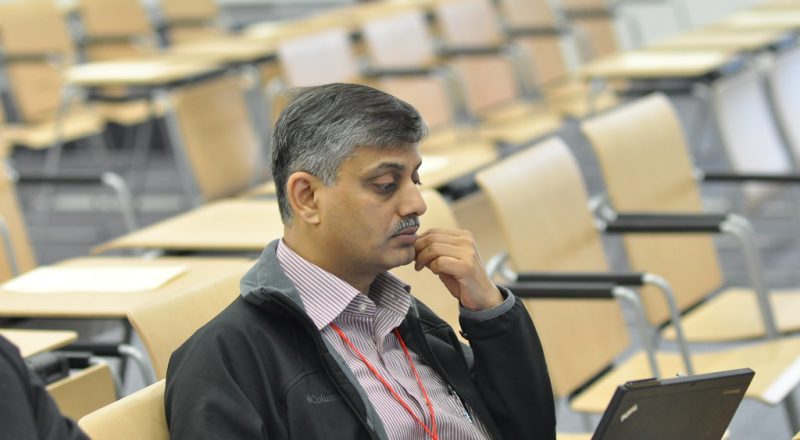In our digitally-driven world, the Internet stands as a fundamental pillar of daily life, influencing how we communicate, work, and learn. Yet, behind its seamless functionality lies a complex and often underappreciated realm known as internet governance. Understanding this field is essential to grasping how our global network operates and evolves.
What is Internet Governance?
Internet governance refers to the framework of rules, policies, and practices that shape the Internet’s development and use. It encompasses the management of technical infrastructure, regulatory measures, and the balancing of diverse interests among various stakeholders. At its core, Internet governance seeks to ensure that the Internet remains a secure, open, and innovative platform.
Key Components of Internet Governance
- Technical Infrastructure: This includes the systems and standards that keep the Internet running smoothly. Organizations like the Internet Engineering Task Force (IETF) and the Internet Corporation for Assigned Names and Numbers (ICANN) play crucial roles in developing and maintaining these technical standards.
- Policy and Regulation: Governments and international bodies craft regulations to address issues like data privacy, cybersecurity, and online content. These policies help protect users and ensure fair practices across the digital landscape.
- Cybersecurity: As cyber threats grow more sophisticated, safeguarding the Internet from attacks is paramount. This involves implementing robust security measures and fostering international cooperation to tackle cybercrime.
- Access and Inclusion: Promoting equitable access to the Internet is a major goal of governance. Efforts are made to bridge the digital divide and ensure that people from all backgrounds and regions can participate in the digital economy.
Who’s Involved in Internet Governance?
- Governments: National governments establish laws and regulations that impact how the Internet operates within their jurisdictions. They also participate in international forums to address global Internet issues.
- Private Sector: Internet service providers, tech companies, and content creators influence governance through their technological innovations and business practices.
- Technical Communities: Groups such as ICANN and the World Wide Web Consortium (W3C) are responsible for developing the technical standards that ensure the Internet functions properly.
- Civil Society: Advocacy groups and non-governmental organizations represent user interests and work to promote policies that enhance online freedom and security.
- International Organizations: Entities like the United Nations and the International Telecommunication Union (ITU) facilitate global cooperation and address issues that transcend national borders.
Current Challenges in Internet Governance
- Privacy and Data Protection: With vast amounts of personal data being exchanged online, protecting user privacy and ensuring data security are critical issues.
- Cybercrime: As cyber threats evolve, developing effective responses and international strategies to combat cybercrime is essential.
- Net Neutrality: The debate over net neutrality—whether internet service providers should treat all data on the internet equally or be allowed to prioritize certain types of traffic—remains contentious.
- Digital Divide: Ensuring that everyone has equal access to the Internet and addressing disparities in digital resources and infrastructure are ongoing challenges.
Looking Ahead
The landscape of Internet governance is continually evolving as technology advances and new challenges emerge. To maintain a secure, open, and innovative Internet, it is crucial for all stakeholders—governments, businesses, technical experts, and civil society—to work collaboratively. By staying informed and engaged with governance processes, we can contribute to shaping an Internet that benefits everyone.
In conclusion, Internet governance is more than a set of rules; it’s a dynamic and evolving field that impacts how we interact with the digital world. Understanding its complexities and participating in governance efforts helps ensure that the Internet remains a vibrant and equitable space for all.
